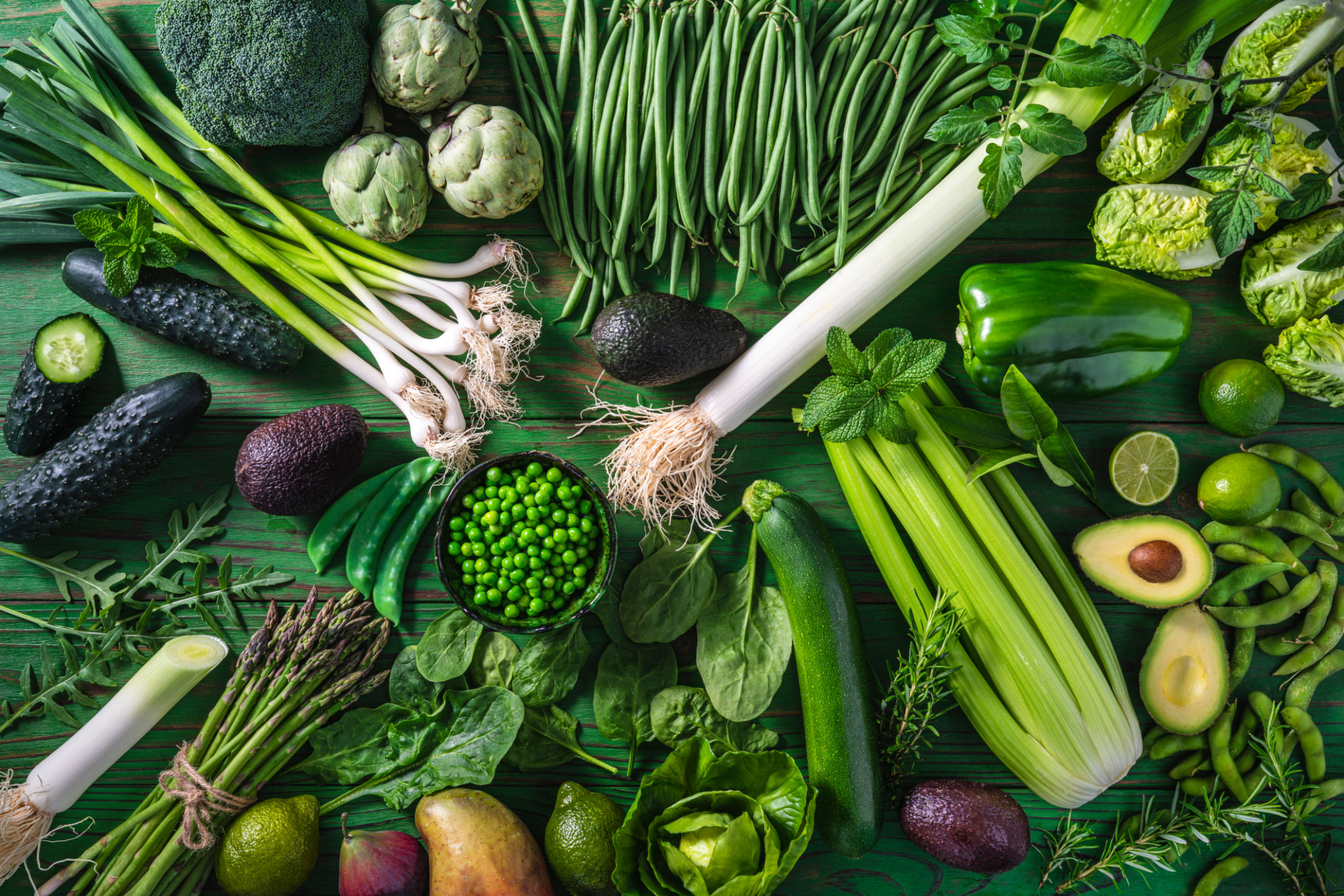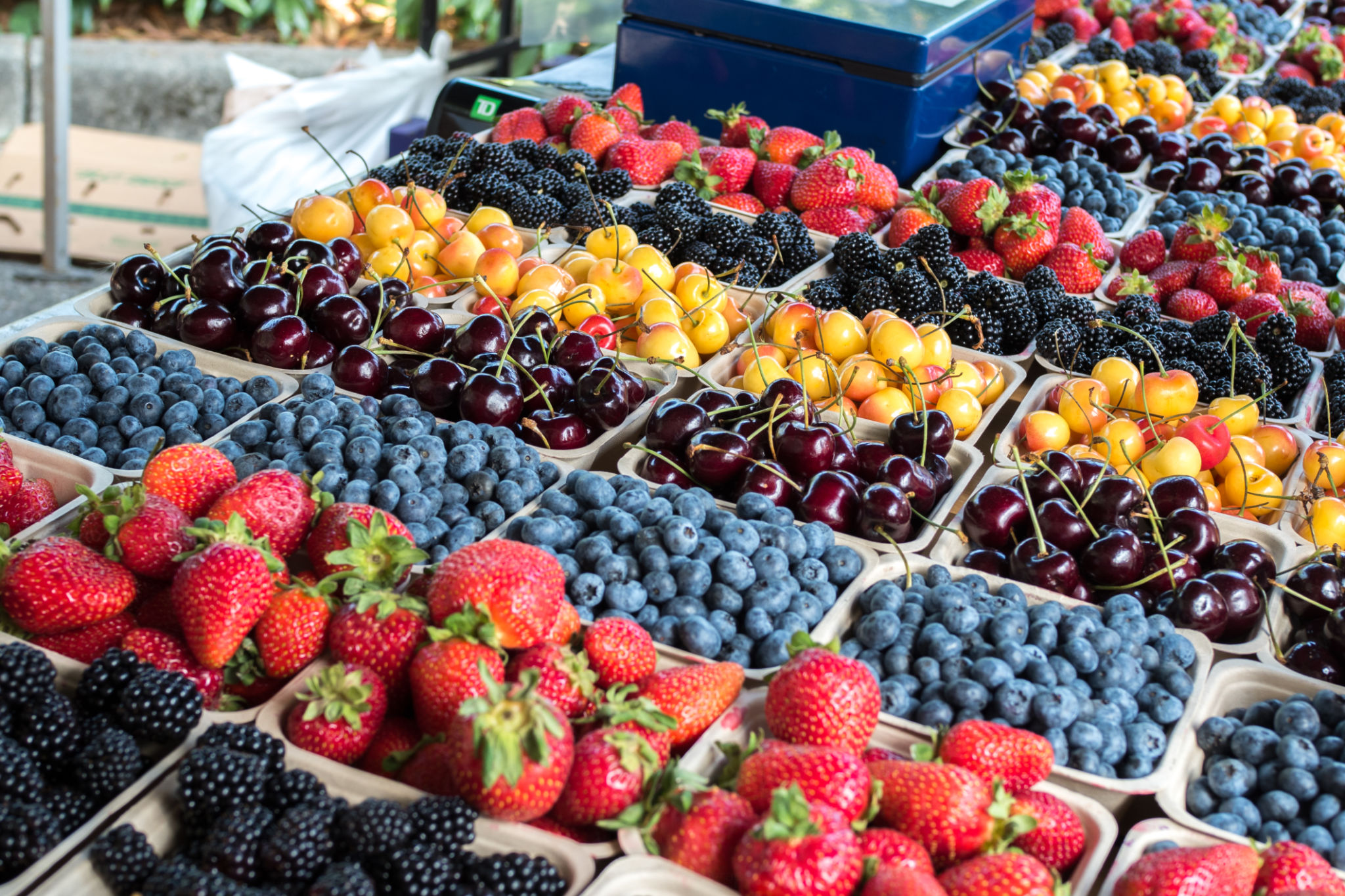Top Seasonal Foods for a Balanced Diet: An Integrative Approach
The Importance of Seasonal Eating
Eating seasonally is more than just a trend; it’s an essential component of a balanced diet. Seasonal foods are typically fresher, more nutritious, and have a lower environmental impact since they don't require long-distance transportation. By embracing seasonal produce, you can enjoy a variety of flavors and nutrients throughout the year, while also supporting local farmers.
Incorporating seasonal foods into your diet can lead to better health outcomes. Freshly harvested fruits and vegetables are often richer in vitamins, minerals, and antioxidants. This not only enhances their taste but also maximizes their health benefits. Moreover, consuming seasonal foods encourages a diverse diet, which is crucial for obtaining all necessary nutrients.

Spring Delights
As winter fades away, spring brings an abundance of fresh produce. This season is perfect for incorporating leafy greens and vibrant vegetables into your meals. Here are some top picks for spring:
- Asparagus: Packed with fiber, vitamins A, C, E, and K.
- Strawberries: Rich in antioxidants and vitamin C.
- Peas: A good source of plant-based protein and fiber.
These foods not only add a burst of color to your plate but also provide essential nutrients that support overall health and wellness.

Summer Abundance
Summer is synonymous with bountiful harvests and vibrant flavors. This season offers a variety of fruits and vegetables that are both delicious and nutritious. Key summer foods include:
- Berries: Blueberries, raspberries, and blackberries are high in antioxidants.
- Tomatoes: Rich in lycopene, which may promote heart health.
- Watermelon: Hydrating and full of vitamins A and C.
These summer staples can be enjoyed fresh or incorporated into a wide range of dishes, from salads to smoothies, enhancing your diet with seasonal goodness.

Autumn Harvest
The fall season is marked by a transition to heartier produce. As temperatures drop, root vegetables and squashes become more prevalent. They offer warmth and sustenance during the cooler months. Consider adding these autumn foods to your diet:
- Pumpkin: High in beta-carotene and fiber.
- Sweet potatoes: Loaded with vitamins A and C.
- Brussels sprouts: A great source of vitamin K and folate.
These foods not only provide comfort but also deliver essential nutrients to help fortify your body against seasonal changes.

Winter Nourishment
Winter calls for hearty and warming foods that sustain energy levels during cold weather. Despite the limited variety compared to other seasons, winter produce still offers plenty of nutritional benefits:
- Citrus fruits: Oranges and grapefruits are rich in vitamin C.
- Kale: Packed with vitamins A, C, and K.
- Root vegetables: Carrots and turnips provide fiber and essential minerals.
Embracing these winter foods will ensure you maintain a balanced diet full of vitamins and minerals throughout the season.

An Integrative Approach to Seasonal Eating
An integrative approach to eating involves not just choosing seasonal foods but also understanding their role in your overall health. By aligning your diet with the natural rhythms of the seasons, you can better support your body's nutritional needs. This holistic perspective encourages mindful eating practices that can lead to improved physical and mental well-being.
To get started, consider visiting local farmers' markets where you can find fresh, seasonal produce. Engage in meal planning that reflects seasonal availability, ensuring a varied and balanced diet all year round. Embrace the culinary creativity that comes with seasonal eating, experimenting with new recipes that highlight the best each season has to offer.
Ultimately, a balanced diet rich in seasonal foods supports not only personal health but also environmental sustainability. By making conscious choices about what we eat and when we eat it, we contribute to a healthier planet while nourishing our bodies.